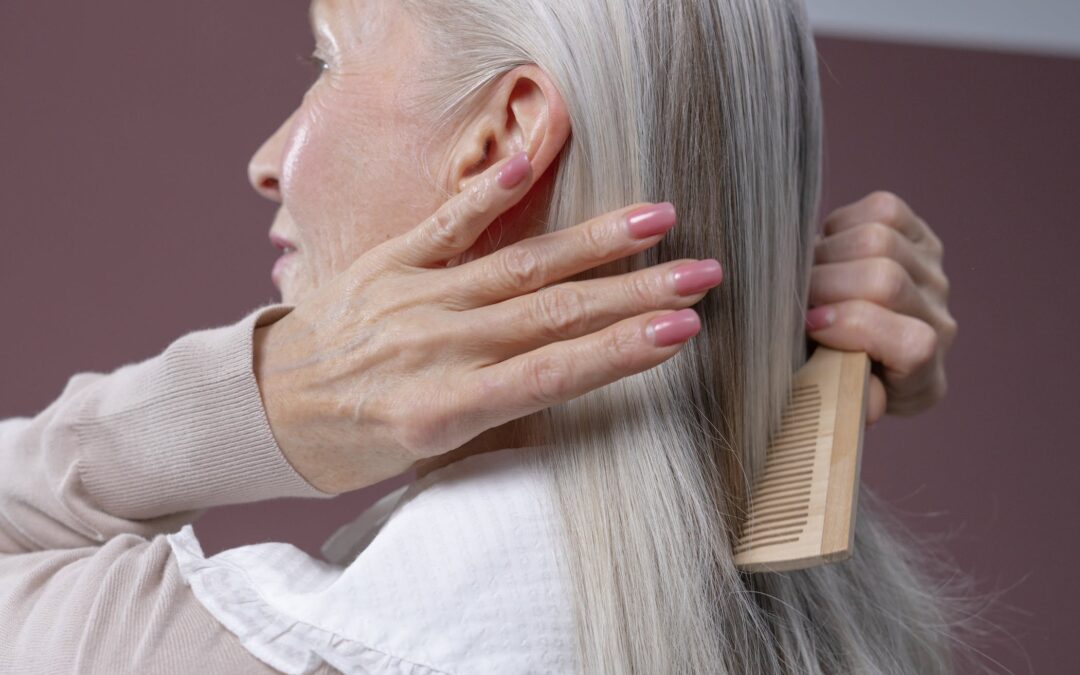As we age, it is essential to prioritize self-care to maintain physical and emotional well-being. Self-care includes taking care of oneself physically and emotionally to enhance positive aging. It can include exercise, healthy eating habits, managing stress, social engagement, and self-reflection. In this post, we will explore the importance of self-care and taking care of one’s physical and emotional needs for positive aging.
Physical:
Physical self-care is essential for healthy aging.
Regular physical activity can improve cardiovascular health, maintain bone density, and reduce the risk of chronic diseases. Engaging in physical activity can also improve mental health and cognitive functioning. According to a study published in the Journal of Aging and Physical Activity, older adults who participated in regular physical activity showed improvements in cognitive function, including memory, processing speed, and executive function.
Proper nutrition is also a crucial aspect of physical self-care.
A diet rich in fruits, vegetables, lean protein, and whole grains can reduce the risk of chronic diseases and maintain overall health. It is essential to limit the intake of processed foods, sugar, and unhealthy fats. Eating a diverse range of fruits and vegetables in a healthy diet can lower older adults’ chances of experiencing cognitive decline, according to a study reported in the American Journal of Clinical Nutrition.
Emotional:
Emotional self-care is equally essential for positive aging.
Aging can be accompanied by various emotional challenges such as loss of loved ones, retirement, and health issues. Taking care of one’s emotional needs can help manage these challenges effectively. Practices such as meditation, mindfulness, and journaling can reduce stress and improve mental health.
Social engagement is also a vital aspect of emotional self-care.
Maintaining social connections with family and friends can reduce feelings of loneliness and isolation. According to a study published in the Journal of Health and Social Behavior, older adults who participated in social activities reported better emotional well-being and less depression.
Self-reflection is another essential aspect of emotional self-care.
Taking time to reflect on one’s life experiences can provide clarity and help develop a positive outlook. A study published in the Journal of Personality and Social Psychology found that self-reflection can improve self-awareness, self-esteem, and overall well-being.
Self-care is crucial for positive aging. Prioritizing physical and emotional self-care practices such as exercise, healthy eating habits, managing stress, social engagement, and self-reflection can help maintain physical and emotional well-being. By taking care of oneself, individuals can lead fulfilling lives and age positively.


